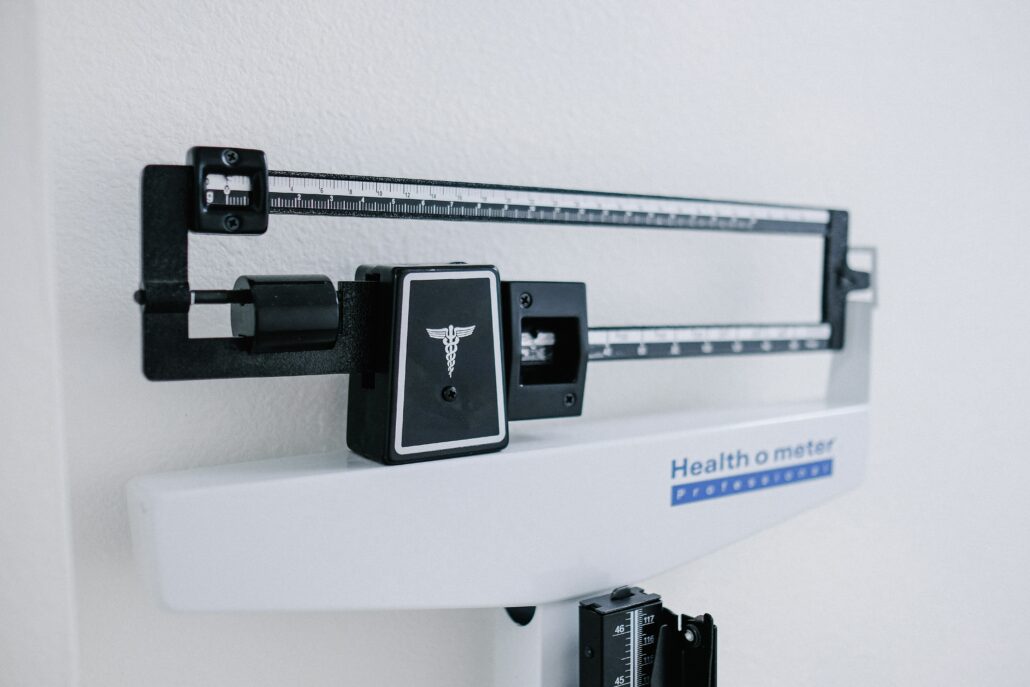As a healthcare provider, have you ever been in a situation where you had to talk about weight loss with your patients? This discussion can feel like walking through a minefield, considering the societal pressures and personal challenges related to weight.
If you’ve struggled with finding the right words or approach, this guide is here to help.
Keep reading to find out how you can navigate the conversation tactfully and effectively when discussing the important message of healthy weight management with your patients.

1. Establishing Trust and Rapport
Before discussing weight, the foundation of a solid patient-doctor relationship must be set. Trust and rapport are vital in ensuring patients feel comfortable and heard.
Importance of the Doctor-Patient Relationship
Research consistently proves that a solid doctor-patient bond leads to better compliance and outcomes. To build this bond, doctors should focus on listening actively, showing empathy, and giving respect during consultations.
Effective Communication Strategies
Empathetic listening means really focusing on the patient’s worries. Using reflective statements – like repeating and rephrasing what they say – can make sure you get them and let them know their thoughts matter.
2. Educating Patients on Weight Management
Providing Clear Information and Risks
Patients should grasp how weight impacts their health. Healthcare professionals can kindly share info on how weight links to conditions like diabetes, heart issues, and certain cancers.
Benefits of Weight Loss
During this chat, talk about the benefits of weight loss in terms of health improvements. Make sure to mention that shedding even a few pounds can help reduce the chances of getting chronic illnesses and enhance quality of life.
3. Setting Realistic Goals for Weight Loss
Collaborating with Patients
One size does not fit all in weight management. It is essential to work with patients to establish goals that are realistic for their lifestyles and bodies. Understand their motivations and challenges by asking open-ended questions that allow the patient to express their concerns.
Sustainable Changes
Encourage small, manageable changes to diet and activity. For example, setting a goal of taking a 15-minute walk after dinner, avoiding late-night snacks, or gradually incorporating more vegetables into meals. These small changes can add up to major improvements over time.
4. Offering Support and Resources
Referrals to Specialists
Sometimes, if a patient needs extra help, it might be helpful to connect them with nutritionists, dietitians, or weight management programs. By guiding them to experts in the field, patients can get the personalized support they’re looking for.
Utilizing Digital Tools
Digital tools, such as health tracking apps, can help patients in monitoring their progress. The use of technology can empower patients to take control of their health and encourage self-management between appointments.
5. Follow-up and Continuity of Care
Regular Check-Ins
Try to set up regular follow-up appointments. They offer a structured approach to track progress, support positive changes, and tweak strategies when necessary.
Monitoring and Adjusting
Continuous assessment of how the patient is responding to treatments will guide the approach. Cheer on every win, even the tiny ones, and be there for support during setbacks. This ongoing cycle shows the doctor’s dedication and the clinic’s care for the patient’s well-being.
Conclusion
At the end of the day, empathy makes all the difference. When talking about weight, considering the patient’s emotions is crucial.
In striving to balance professionalism with empathy, healthcare providers can make a lasting impact on the weight management journeys of their patients. This combination is not only effective but also aligns with the ethics and compassion that are at the core of healthcare.
Start these conversations with the intention of guiding, supporting, and empowering patients to live their healthiest lives. Your patients will thank you for it, and your practice will be a proactive and responsible agent in public health.





